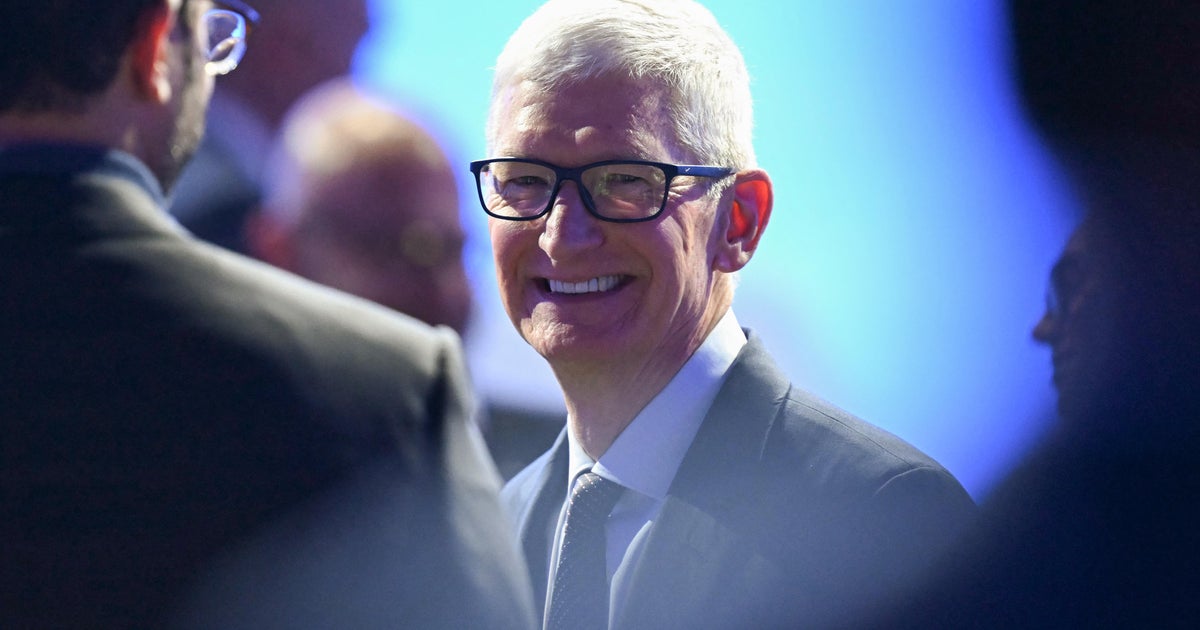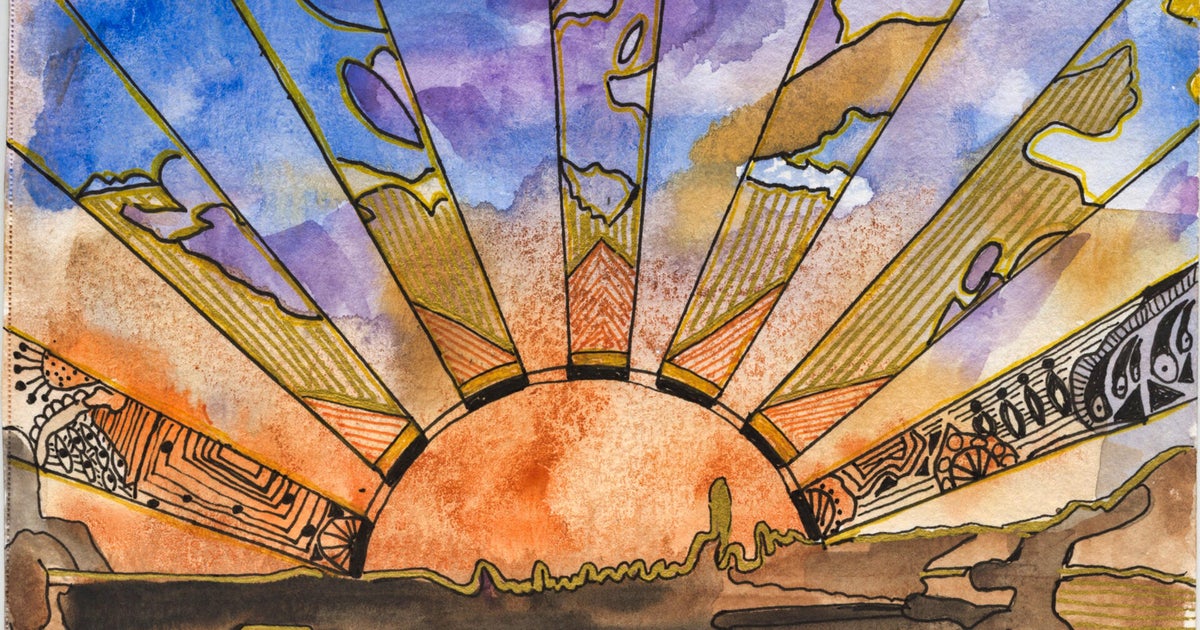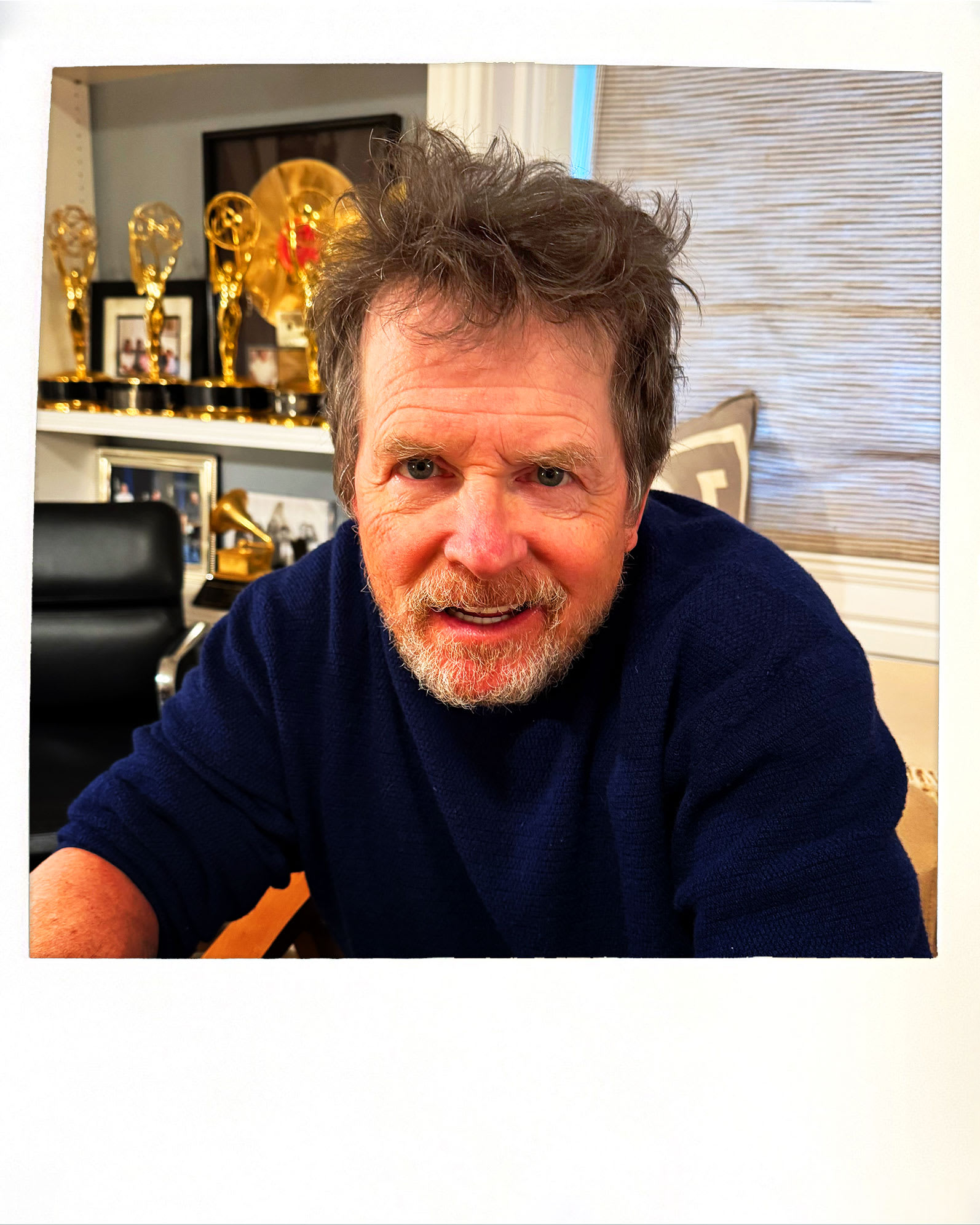Gretchen Carlson and the complicated truth about NDAs
It may feel like Gretchen Carlson's story has been told many times – just not by her. The former Fox News anchor's sexual harassment lawsuit helped topple the cable giant's chairman and CEO, the late Roger Ailes, and it got the Hollywood treatment twice last year – on television in the Showtime miniseries, "The Loudest Voice," and then again in the Oscar-winning film, "Bombshell."
She wasn't allowed to speak to the filmmakers or actors.
A character based on Carlson's former colleague, Julie Roginsky, also appears in "Bombshell."
Roginsky named Ailes in her own harassment suit. But she and Carlson both signed non-disclosure agreements (or NDAs) as part of their financial settlements. Now, both have asked to be released from those agreements.
Correspondent Faith Salie asked, "Whom can you talk to about what happened to you?"
"Nobody," they said.
"Well, lawyers," said Carlson.
Not your spouse or family? No.
Carlson asked, "Would a therapist fall under?"
"I'm not even sure," said Roginsky.
Carlson and Roginsky are two of the founders of Lift Our Voices, an organization which advocates for laws banning the use of confidentiality agreements in sexual harassment settlements.
Salie asked, "So, even if somebody works for Coca-Cola and the secret formula's not supposed to get out?"
"No, no, for toxic work issues," Roginsky said. "If somebody works for Coca-Cola, of course they shouldn't go to Pepsi and be able to give the formula. But if somebody at Coca-Cola is harassing you, that person should be held accountable. And that person should not be able to just slip money to you quietly to make you go away."
In the wake of widespread revelations about sexual harassment that have brought down dozens of powerful men, the role of NDAs has come under heavy scrutiny. Critics say these deals, where both parties agree to keep quiet about a harassment allegation in exchange for money, can be used to protect serial offenders.
Carlson said, "When the American public started hearing these stories, they said, 'That's still going on in 2016, '17, '18, '19 and '20? And why didn't we know about it?'"
Harvey Weinstein was convicted last Monday of sex crimes against two women. Scores more have accused the producer of sexual misconduct. But non-disclosure agreements kept many of those accusations hidden from the public for decades.
- 3rd woman sues Donald Trump over nondisclosure agreement (CBS News, 4/2/18)
- Stormy Daniels sues to nullify Trump "hush agreement," says he didn't sign (CBS News, 3/7/18)
- Former White House aide Cliff Sims sues Trump over NDA dispute (CBS News, 2/12/19)
When CBS was investigating its former chairman and CEO Les Moonves, The New York Times reported that a number of employees who had signed NDAs with the company were reportedly unsure if those agreements prevented them from speaking with investigators. The company assured them they wouldn't be sued for cooperating. [CBS declined to comment for our story.]
And NDAs have even become an issue in the Democratic presidential campaign:
Sen. Elizabeth Warren: "Mr. Mayor, are you willing to release all of those women from those non-disclosure agreements, so we can hear their side of the story?"
Mayor Michael Bloomberg: "We have a very few non-disclosure agreements."
Warren: "How many is that?"
Bloomberg: "Let me finish."
Warren: "How many is that?"
Bloomberg: "None of them accuse me of doing anything other than maybe they didn't like a joke I told."
Days later, candidate Michael Bloomberg said his company had identified and promised to release three women who'd signed NDAs pertaining to his comments.
- Bloomberg and NDAs (CBS News, 2/20/20)
- Bloomberg says his company will release three women from NDAs if they ask (CBS News, 2/21/20)
- Elizabeth Warren says she has drafted document for Mike Bloomberg to release people from NDAs (CBS News. 2/21/20)
"The economic incentive to sweep bad news under the rug is a really powerful incentive," said University of Pennsylvania law school professor David Hoffman calls these types of NDAs "hush contracts."
"There's two major ways that hush contracts can affect organizations and can affect the world," Hoffman said. "They can make it harder for us to learn about, and therefore prevent, actual harassment that's going to physically harm individuals, psychologically harm individuals. The second is with respect to the victims themselves. There's a psychological harm that results from agreeing to not tell the story of your own life. And that psychological harm is not one that you'd appreciate, probably, when you first sign that contract."
In the last two years, several states have passed laws restricting the use of NDAs in sexual harassment settlements, with more considering similar legislation. But some argue these bans might end up hurting victims.
"I think that it's very easy to be against NDAs until you actually have a real person sitting in your office who's been harmed, and you're trying to help them improve the situation that they're in," said attorney Debra Katz. She has represented thousands of women who have come forward with sexual harassment allegations. She said if a company is unable to keep the details secret, it will be less likely to settle a complaint out of court, meaning victims would be forced to file a public lawsuit and might think twice about coming forward.
Katz said, "So, take this scenario: You come forth, you report sexual harassment in the workplace. You settle your case. And some legislature says you can't do that on a confidential basis, which means every prospective employer knows you've come forward. Every person who looks at your workplace history will know that you are someone who is litigious. You're not gonna be hired, and that's the problem."
Salie asked, "Do you and your clients, who are victims of harassment, ever talk about, Wait, if we sign this NDA, what are we doing to the people who come after me who may then be harassed at work?"
"I think that's really unfair for individuals to have to carry that burden," said Katz. "That's not their burden. They took a job, they went to work, they were harassed in the workplace; it's not their job to be public (at great personal expense) to protect the next woman who comes along. That's the role, job and legal responsibility of the employer.
"Most people wanna go on to their next job," said Katz. "They need that paycheck. And they probably don't wanna be speaking out about their stories. And if they do, they can; they just can't enter into a non-disclosure agreement."
Salie asked Carlson, "When people read about this number, this settlement, 'Gretchen Carlson had a $20 million settlement,' and a lotta people think, 'Wow, that sounds good to me.' How does that feel?"
"I would say that for women signing settlements and then signing an NDA, not only are they signing to be quiet, which is what the general public thinks, in the majority of the cases, you are signing to never work in your chosen profession ever again," Carlson said. "And for that, I'm not sure what the number would be."
Roginsky said, "We'd rather be working. I mean, neither of us wanted to not be working anymore."
"My God, I killed myself for my career, you can understand. I killed myself to get to that point," Carlson said.
For more info:
- Lift Our Voices
- David Hoffman, University of Pennsylvania Carey Law School
- Debra Katz, Katz, Marshall & Banks, LLP
Story produced by Mark Hudspeth.





